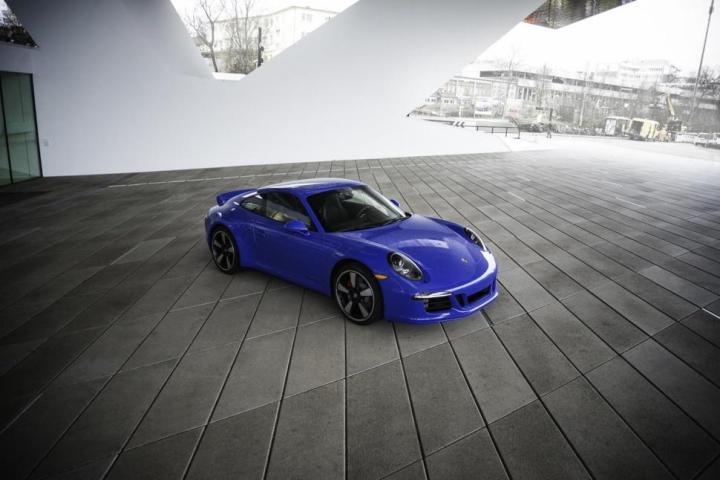
Few things in the automotive world are more sacred than the Porsche flat-six. So when it was reported that every new 911 would be turbocharged outside of the GT3 and GT3 RS, feathers were rustled.
Porsche’s free-breathing sixes sound (and feel) like nothing else out there, so any threat to the laser-like precision of the German icon is a red flag to loyalists.
In a recent interview with Top Gear, Porsche R&D boss Wolfgang Hatz explained the move.
“Emissions are important for us,” he said. “And we will reduce faster than the industry. You have to respect legal requirements [for lower CO2], so yes we’re thinking turbos for standard 911s. You can’t afford to keep an engine for 10 years any more.”
Currently, Porsche makes just two boosted 911s, the fantastic 911 Turbo and 911 Turbo S (the GT2 is on hold). The remaining Carrera, Targa, and GT3 variants equip either a 3.4-liter or 3.8-liter naturally aspirated engine, but that looks like that will soon change.
Coming along with the 2015 update is a new, 2.9-liter turbo unit that produces something on the order of 400 horsepower and 400 pound-feet of torque. This will boost the performance of the 350-hp Carrera considerably.
The sportier Carrera S and GTS will reportedly retain 3.8-liters of displacement, but the addition of turbocharging could bump output from 400 and 430 hp (respectively) to around 530 hp.
The current 911 Turbo makes less than that, 520 hp, so expect that number to be boosted as well with the refresh. It all sounds good so far, but we’ll wait until we’re behind the wheel to cast judgment.
There are positives for the hardcore critic though. As they have always been, the 911 GT3 and GT3 RS will be left to breathe on their own.
The stripped-down track cars already employ a dogmatic obsession with low weight, but the next examples will reportedly be even lighter. Porsche may also be considering a seven-speed manual to go with the PDK transmission.
The new GT3 RS will be revealed in March at the Geneva Motor Show.
Editors' Recommendations
- Porsche using 3D printing technology to make custom-tailored seat cushions
- Porsche’s updated 911 gets the one thing it was missing: A manual transmission
- 2020 Porsche Carrera will be the cornerstone of the new 911 family


